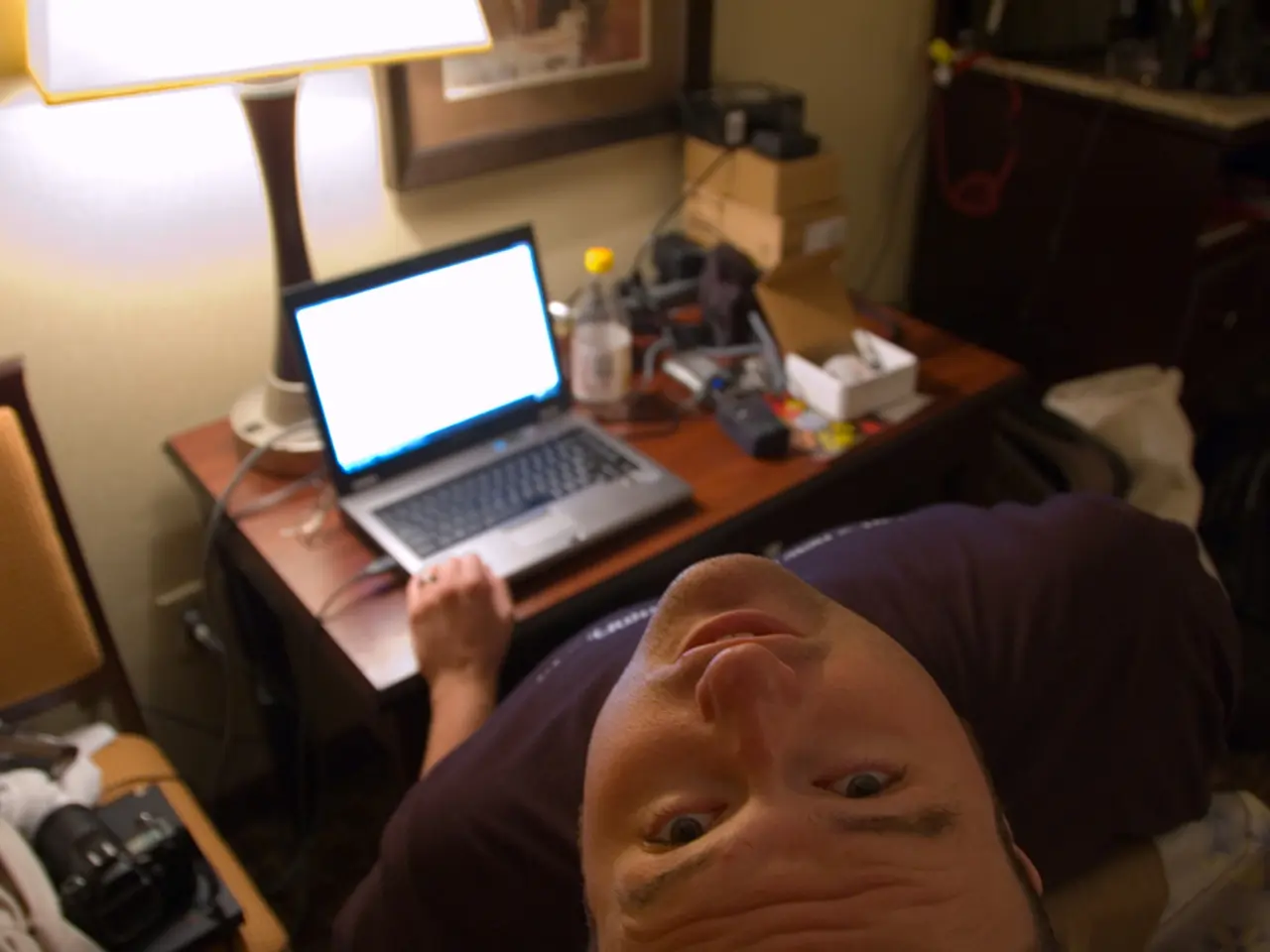Morning akinesia refers to the temporary inability to move or perform purposeful actions upon awakening, characterized by slow movement, stiff muscles, and lack of motor control.
Morning akinesia, a common challenge for individuals with Parkinson's disease (PD), is characterised by difficulty or inability to initiate movement upon waking. This motor complication is often experienced as a period of impaired movement after overnight dopaminergic medication washout.
Causes
The primary causes of morning akinesia are the wearing off of dopaminergic medication overnight and the progression of PD motor symptoms. As the medication's effect wears off, the brain experiences low levels of dopamine, leading to impaired movement in the morning. Parkinson’s disease itself causes bradykinesia (slowness of movement), rigidity, and akinesia due to degeneration of dopamine-producing neurons.
Additionally, patients on long-term levodopa may develop fluctuations, including "delayed on" or morning akinesia when medications take longer to take effect after waking.
Symptoms
Morning akinesia typically presents as difficulty initiating movement, particularly when getting out of bed, slowness and stiffness in limbs and overall body movement upon waking, and reduced ability to perform daily tasks in the morning. Sometimes, it is accompanied by tremor or rigidity as part of overall motor symptoms.
Management Strategies
Effective management of morning akinesia involves a combination of pharmacological and non-pharmacological approaches.
Optimising Dopaminergic Therapy
Adjusting the timing, dosage, or formulation of levodopa (e.g., using dispersible levodopa/benserazide tablets or continuous subcutaneous infusion of foscarbidopa/foslevodopa) can help improve morning "on" time and reduce akinesia.
Add-on Medications
The use of dopamine agonists or COMT inhibitors can prolong levodopa's effect and reduce "off" periods, thereby alleviating morning akinesia.
Non-pharmacological Approaches
Physical therapy focusing on movement initiation techniques and stretching can help combat rigidity and bradykinesia associated with morning akinesia.
Sleep Quality
Addressing coexistent sleep disorders common in PD can indirectly improve morning function.
Emerging Treatments
Continuous subcutaneous infusion of levodopa formulations has shown significant reduction in morning akinesia, improving quality of life.
Other Considerations
Not everyone with morning akinesia has Parkinson's disease. Avoiding high-protein meals can help a person absorb more L-dopa medication. Progressive resistance training (PRT) is a type of strength training that can help to improve symptoms of Parkinson's disease that link to morning akinesia.
Levodopa (L-dopa) is one of the most effective medications that doctors prescribe to treat severe motor symptoms of Parkinson's disease, as it works as a dopamine replacement agent and increases dopamine levels. Parkinson's disease typically occurs when a person has low levels of dopamine in the brain.
Morning akinesia affects approximately 6 in 10 people receiving dopamine-related medication. It is crucial for individuals with Parkinson's disease and their healthcare providers to work together to manage this challenging symptom and improve their quality of life.
- Morning akinesia, a common challenge for individuals with Parkinson's disease, is often caused by the wearing off of dopaminergic medication overnight and the progression of PD motor symptoms.
- In addition to pharmacological approaches, effective management of morning akinesia may involve non-pharmacological interventions like physical therapy focusing on movement initiation techniques and stretching.
- Progressive resistance training (PRT) can help to improve symptoms of Parkinson's disease linked to morning akinesia.
- Levodopa (L-dopa) is one of the most effective medications for treating severe motor symptoms of Parkinson's disease, as it works as a dopamine replacement agent and increases dopamine levels.
- Not all cases of morning akinesia are associated with Parkinson's disease, and addressing coexistent sleep disorders can indirectly improve morning function.




